Ragtime, also spelled rag-time or rag time, is a musical style that had its peak from the 1890s to 1910s. Its cardinal trait is its syncopated or "ragged" rhythm. Ragtime was popularized during the early 20th century by composers such as Scott Joplin, James Scott and Joseph Lamb. Ragtime pieces are typically composed for and performed on piano, though the genre has been adapted for a variety of instruments and styles.
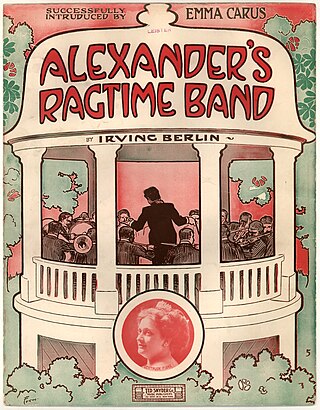
"Alexander's Ragtime Band" is a Tin Pan Alley song by American composer Irving Berlin released in 1911; it is often inaccurately cited as his first global hit. Despite its title, the song is a march as opposed to a rag and contains little syncopation. The song is a narrative sequel to Berlin's earlier 1910 composition "Alexander and His Clarinet". This earlier composition recounts the reconciliation between an African-American musician named Alexander Adams and his flame Eliza Johnson as well as highlights Alexander's innovative musical style. Berlin's friend Jack Alexander, a cornet-playing African-American bandleader, inspired the title character.
James Vincent Monaco was an Italian-born American composer of popular music.
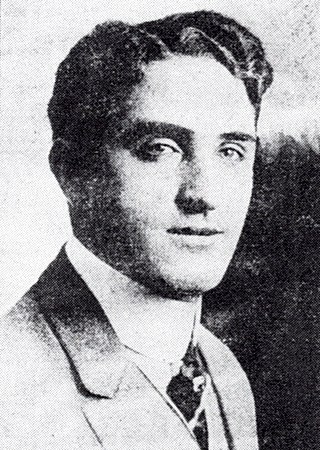
Louis Wolfe Gilbert was a Russian Empire–born American songwriter of Tin Pan Alley. He is best remembered as the lyricist for "Ramona" (1928), the first movie theme song ever written.
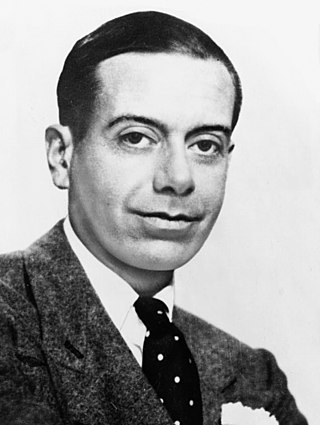
"Begin the Beguine" is a popular song written by Cole Porter. Porter composed the song during a 1935 Pacific cruise aboard the Cunard ocean liner Franconia from Kalabahi, Indonesia, to Fiji. In October 1935, it was introduced by June Knight in the Broadway musical Jubilee, produced at the Imperial Theatre in New York City.
"Pretty Baby" is a song written by Tony Jackson during the Ragtime era. The song was remembered as being prominent in Jackson's repertory before he left New Orleans in 1912, but was not published until 1916.
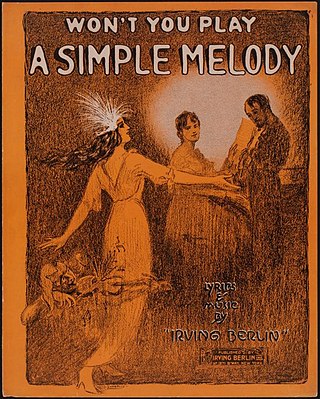
"Play a Simple Melody" is a song from the 1914 musical, Watch Your Step, with words and music by Irving Berlin. The show was the first stage musical that Berlin wrote. It ran for 175 performances at the New Amsterdam Theater in New York City. The one song from the show that is well-remembered today is "Play a Simple Melody," one of the few true examples of counterpoint in American popular music — a melody running against a second melody, each with independent lyrics. In the printed music, first the "simple melody" plays alone. Then comes the contrasting melody. Finally, the two play together. The lyrics of "Play a Simple Melody" also track the counterpoint duet in that one singer yearns for the music which mother sang, but the other singer disdains such classic fare as lacking interest and rhythm. When "Play a Simple Melody" was published, ragtime was in its heyday, led by its most consummate composer, Scott Joplin. In a famous 1916 recording of the song, while Elsie Baker wants what she considers simplicity, Billy Murray explicitly asks for "rag". The song was also recorded by Walter Van Brunt and Mary Carson in 1915.
"Too Marvelous for Words" is a popular song written in 1937. Johnny Mercer wrote the lyrics for music composed by Richard Whiting. It was introduced by Wini Shaw and Ross Alexander in the 1937 Warner Brothers film Ready, Willing and Able, as well as used for a production number in a musical revue on Broadway. The song has become a pop and jazz standard and has been recorded by many artists.
"Skylark" is an American popular song with lyrics by Johnny Mercer and music by Hoagy Carmichael, published in 1941.
Down Yonder is a popular American song with music and lyrics by L. Wolfe Gilbert. It was first published in 1921, and was introduced in the same year at the Orpheum Theater, New Orleans.
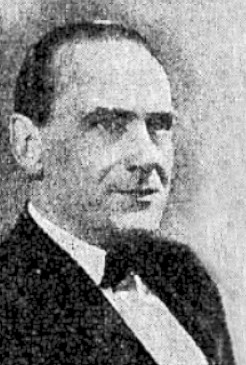
Lee Sims was an American pianist, composer, record maker, publisher and performer.
"The Song Is You" is a popular song and jazz standard composed by Jerome Kern with lyrics by Oscar Hammerstein II. It was written for their musical Music in the Air (1932) and sung in that show by Tullio Carminati. In the subsequent 1934 film, the song was recorded and filmed but cut from the final release. An instrumental of the song can still be heard under the opening credits.

"Alabamy Bound" is a Tin Pan Alley tune written in 1924, with music by Ray Henderson and words by Buddy DeSylva and Bud Green. It was popularized by Al Jolson and included in the musical Kid Boots, where it was sung by Eddie Cantor. Successful recordings of the song were released in 1925 by Paul Whiteman, Isham Jones and Fletcher Henderson (instrumentals), as well as Blossom Seeley, whose vocal version reached number 2 on the charts. The song has sold over a million copies of sheet music and has been included in several films over the years.
"Indian Summer" is an American standard originally written as a piano piece by the prolific composer Victor Herbert. Al Dubin wrote lyrics for the tune in 1939, twenty years after Herbert wrote the tune.

"Margie", also known as "My Little Margie", is a 1920 popular song composed in collaboration by vaudeville performer and pianist Con Conrad and ragtime pianist J. Russel Robinson, a member of the Original Dixieland Jazz Band. Lyrics were written by Benny Davis, a vaudeville performer and songwriter. The song was introduced by the Original Dixieland Jazz Band in 1920 as Victor 78, 18717-A, in a medley paired with "Singin' the Blues". The B side was "Palesteena". The ODJB recorded their instrumental version on December 1, 1920.
Other popular versions in 1920-21 were by Gene Rodemich; Eddie Cantor; Ted Lewis; and Frank Crumit. The Rega Dance Orchestra recorded the song in October, 1920 for Okeh Records, 4211.

"I've Got My Captain Working for Me Now" is a popular song written in 1919 by Irving Berlin. It was published by Music Publishers Inc. in New York, New York.

Ray Miller (1896–1974) was an American bandleader who was popular during the 1920s. In 1924 his orchestra performed at the White House with Al Jolson, the first jazz band to do so.

Toot, Toot, Tootsie is a 1922 song with music and lyrics by Gus Kahn, Ernie Erdman and Danny Russo, per the credits on the original sheet music cover. Some other sources also credit Ted Fio Rito and Robert King for the song, but make no mention of Dan Russo. It debuted in the Broadway musical Bombo, where it was a major hit. It was first recorded by Al Jolson with Frank Crumit's orchestra for Columbia Records on September 9, 1922. It was further popularised by the racy singer-comedian Eddie Cantor.










